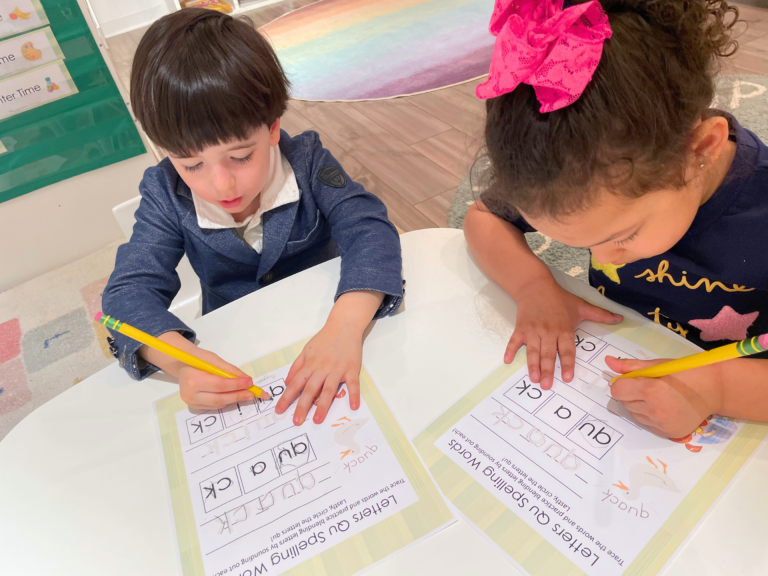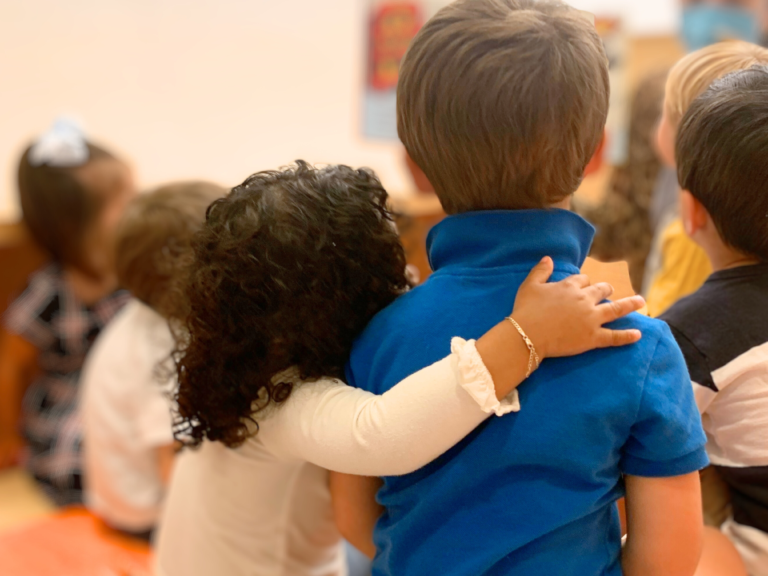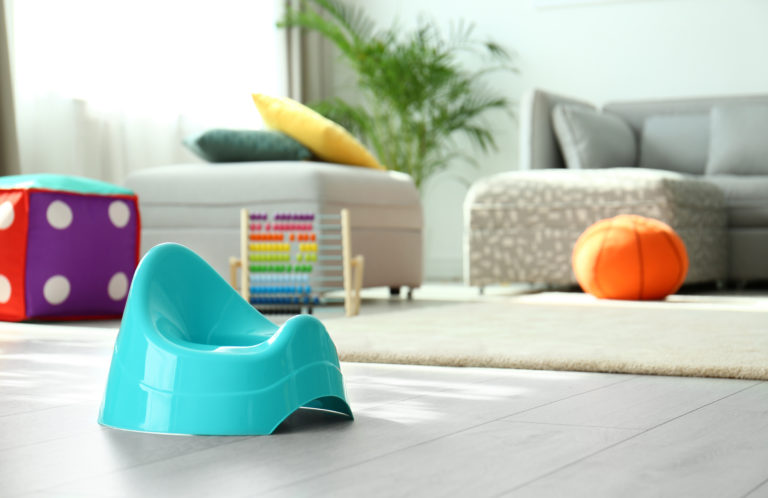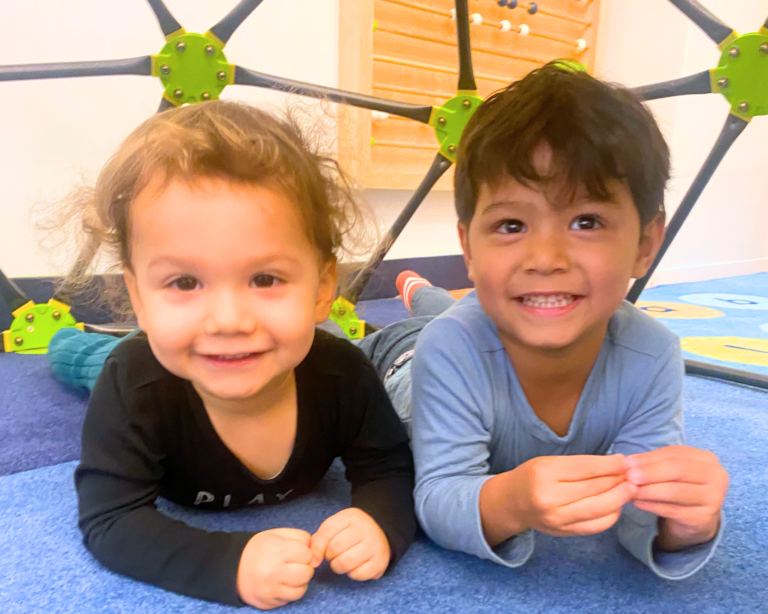The Importance of Staying On Task
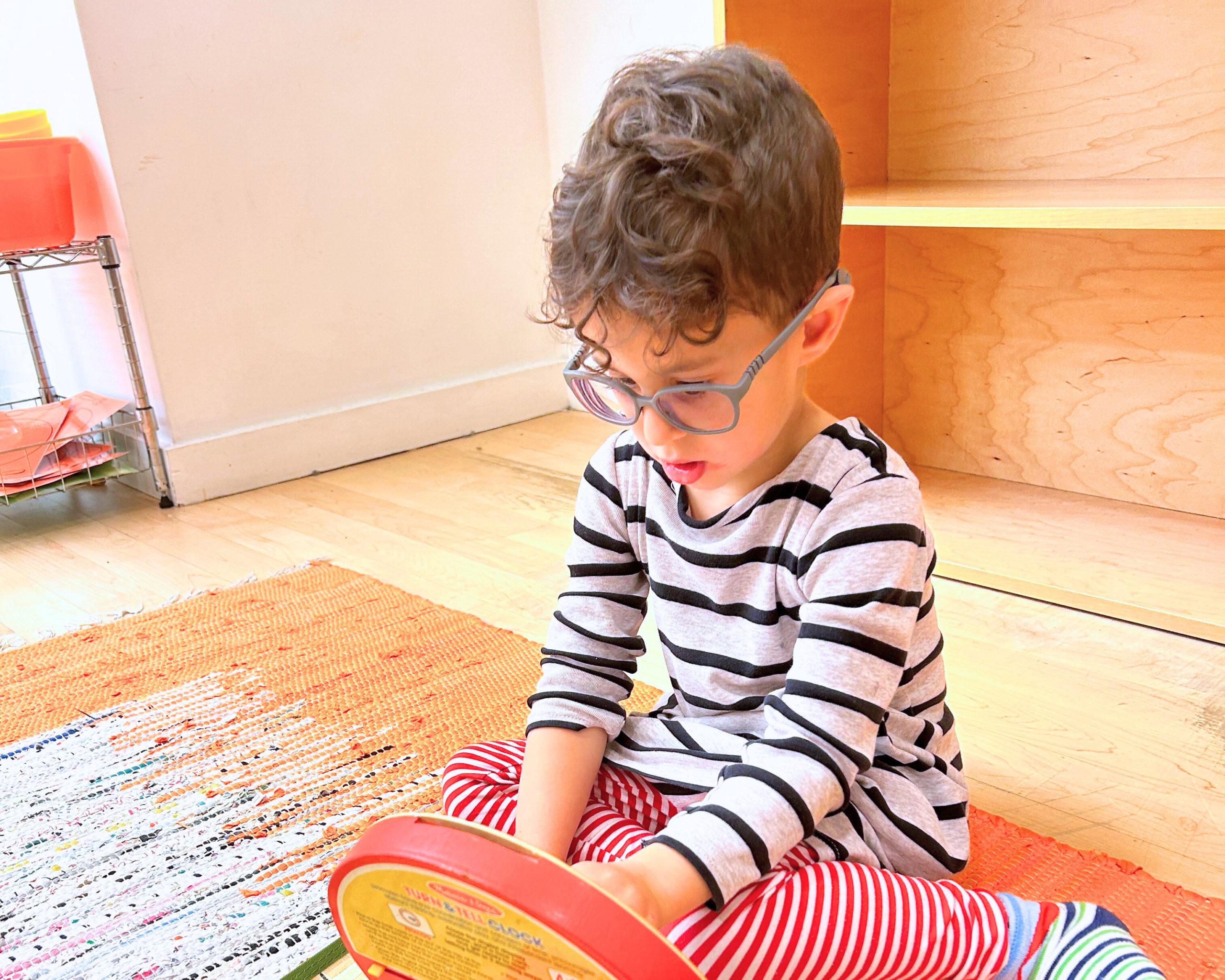
Every child learns differently, so the way each child stays on task will look a little different, too!
Some little ones have a lot of energy or get distracted easily, which can make staying on task a little challenging. Others really enjoy quiet time and are able to focus for longer periods of time. There are multiple factors that affect your little one’s ability to stay focused, such as age and how often they have been required to stay on task up to this point.
Appropriate Expectations
What does staying on task look like for your child? Your little one’s age, energy-level, interest in what needs their attention, and any neurodivergence/diagnosed learning disabilities all factor into how they can focus best. Sitting still for long periods of time is not easy for a lot of people, especially little ones. When frustration builds from them not staying on task or sitting still for preschool at home, remember how your child learns and consider alternatives — maybe they need a break to eat or get some wiggles out, or maybe they need something to do with their hands while they watch/listen to a lesson. Work with where they are that day, and stay consistent.
Encouraging Environment
Create a workspace for your little one that is free of distractions and that promotes concentration; an office or spare room are great options for preschool at home. If you prefer they work in a communal space, like at the dinner table, a tri-fold board may be a good option to place around your child’s workspace. That way you are there to help should they need it, but they are better able to block out distractions. They could even decorate the tri-fold with affirmations, pictures, and reminders to help stay focused. Additionally, activities that can promote concentration during preschool at home include fidget toys and playing music.
Visual Timers
Little ones do not have the perception of time that adults do quite yet, so 5-10 minutes can feel like forever. While little ones are still learning how to read the numbers on a timer, being able to see the amount of time left helps them stay motivated and focused until the break time. Below are some examples of visual timers:
Roleplaying Positive Behaviors
Little ones learn the most from the grown-ups around them. They love to watch and mimic everything you do, so why not use that to your advantage? When helping your little one learn to stay on task, work alongside them on your own project — maybe reading a book, washing dishes, or completing a puzzle. Support from a loved one when learning a new skill is so important, and as you both begin to figure out how best they stay focused, your little one will be able to do so independently.
Breaks from Concentration
Time away from our work is just as important as staying on task. Time outside and regular exercise can burn off energy so our brains can focus better. A break can be a great incentive for your little one to stay on task as well. For example, “when the timer goes off, we can go outside and kick the soccer ball for a bit!” Being able to step away from what they are working on and get moving not only allows your little one to clear their mind and get pent up energy out, but it will also help them return to their work with fresh eyes and ability to focus more on their preschool at home.
Keep Staying on Task a Positive Experience
At the end of the day, through trial and error, you will see what works for your little one and what does not. Letting them make some decisions can help with focus as well; when they have a say in what they do, they will be more inclined to take ownership and follow through. Routines, enjoyable activities, and consistency are essential to getting (and keeping) your little one on task — a predictable schedule and designated time to be on task creates a “natural behavior pathway.”
Discovering together how to work and find solutions can make learning how to stay on task a more positive experience for both you and your little one!
Popular


Hi, I'm Miss Julia!
Miss Julia has been an early childhood educator for 5 years, with over 10 years of experience working in childcare. She has been teaching at Playgarden Prep since 2017, and is happy to share ideas on some of her favorite early education topics with you! Miss Julia has a BA from UC Irvine, and uses her experience in performing arts to inspire little ones every day in her enrichment classes at Playgarden. In her free time, Miss Julia loves enjoying nature, cooking, and creating with friends.

